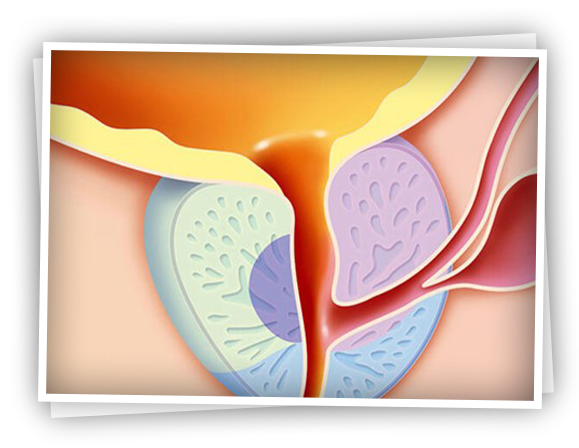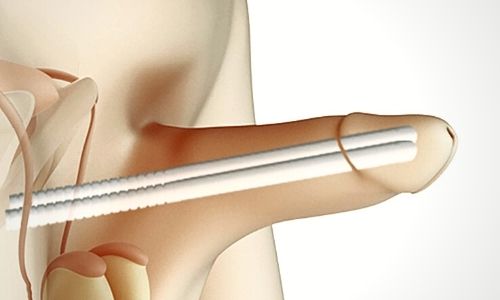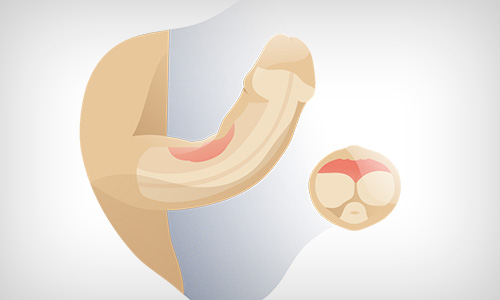Acute prostatitis occurs by the transport of bacteria from the external urinary tract to the urinary tract or by the spread of bacteria to the prostate by the blood stream. As a result of the weakening of the immune system, the infection becomes much more effective and the patient's complaints increase. There are also situations that may be facilitating or direct cause of infection:
- Polygamy, unprotected sexual contact
- Urinary tract procedures (catheter insertion, endoscopic interventions)
- Prostate biopsy
- Prostate enlargement or urethral stricture that impairs the flow of urine
- Stones causing blockage
- Diabetes
Chronic prostatitis may develop on a different basis from acute. Infection is not always the underlying cause. In particular, the underlying causes of chronic pelvic pain syndrome are not fully known.
The patient's complaints are always guiding. It starts with a simple urinalysis and (midstream) urine culture. Prostate massage is not recommended in acute bacterial prostatitis. Especially in the diagnosis of chronic bacterial prostatitis, secretion and urine analysis and culture taken after prostate massage can be used.
This method is called the 4 cup test. Sperm culture (infectious agent is investigated in semen sample), urethral swab culture (especially in those with urethral discharge) will help.
In patients with voiding complaints, uroflowmetry (voiding test), ultrasonography, control of infection values, PSA (especially in men over 40) should be performed. Transrectal ultrasonography (prostate abscess? cyst?) is recommended in treatment-resistant cases.
In order to treat prostate inflammation, it is first necessary to determine which type the patient has. It is usually easy to find out which type of disease is present with the patient's history and symptoms. Then, a suitable treatment method is started.
The primary treatment for acute prostatitis is antibiotics. Antibiotic therapy can be changed according to the culture result. Parenteral (intravenous) treatment can be started in patients with poor clinical and laboratory values. Some patients may even require hospitalization.
Untreated prostatitis can cause much more serious health problems for the patient in the future. E.g; The inflammation in the prostate gland can mix with the blood and affect other tissues and organs. For this reason, it is extremely vital to consult a specialist doctor as soon as possible with the appearance of the symptoms of the disease.
In patients with treatment-resistant abscess, drainage (evacuation of the abscess with ultrasound) can be performed.
Regular use of antibiotics in chronic prostatitis patients eliminates the infection over time. In some patients with prostatitis, the treatment plan may differ according to the severity of pain and symptoms. In some patients, the severity of strain during urination is high and this must be eliminated first.
Therefore, in addition to the treatment of inflammation, solutions for the underlying cause should also be considered. For example, if there is an obstructing prostate, infection treatment should be started quickly and appropriate treatment should be planned for the prostate (such as prostate drugs, catheterization or cystostomy)
In the treatment of prostatitis, antibiotherapy should be given in an appropriate time (4-6 weeks). Painkillers, prostate medications, anti-depressants, constipation medications, etc. that will relieve the patient's current complaints can be added to the treatment. Shock wave therapy (ESWT) is currently used in chronic abacterial prostatitis.


















